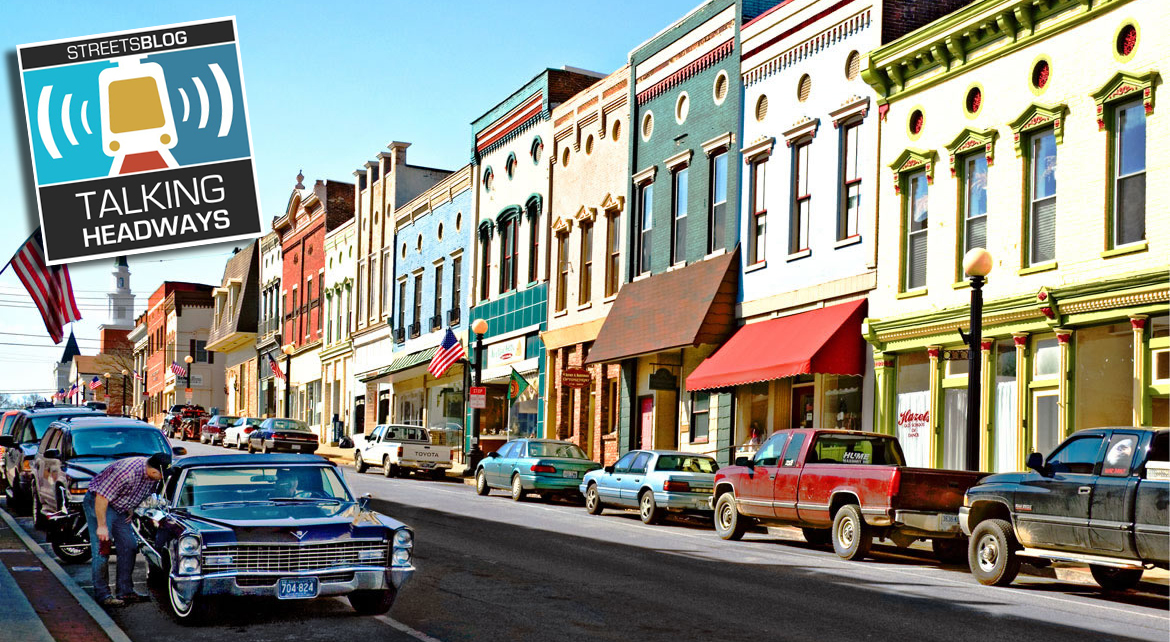This week we're sharing Part II of our discussion with Jim Kumon. In this installment, we chat about the challenges of development, how to crowdfund a building, coming to the end of an 80-year economic cycle, how the built environment is an outcome of how we structure capital, and how more information can make it harder to learn new things.
It's a lot to take in, so if you want to read along, here's a full unedited transcript, but if you want an excerpt, that's below the player.
Jeff Wood: I wonder how do you teach development? What’s the process like if somebody wants to do more missing middle housing or focus on certain types of housing that don’t get a lot of attention, like how do we build that capacity? How do you teach “ development”? Yeah, because I don’t think it’s in school.
Jim Kumon: No, God no, I got, I got to work for six years basically being a remedial college course for professionals, frankly, because that’s kind of what half of Incremental Development Alliance turned into was teaching people who dealt with real estate every day in their jobs. Planners, economic development, housing, now, you know, DEI type stuff, redevelopment agencies, right? These are the people who showed up at a lot of the early Inc Dev classes. We were out there trying to teach developers and guess who showed up and paid $200 to come to the course: People who were trying to help developers of all scales and literally couldn’t tell you anything hardly about the basic fundamentals of how it worked. And you’re like, well, no wonder we can’t have nice things?
The people we’ve put in charge of making those nice things never got taught what a nice thing was and how to get it. And so we actually adjusted some of our curriculum as we went a couple years in to try to be inclusive of people that we knew were gonna come to these classes who would never actually be a developer themselves, but were highly influential to try to help make the rules or the money or the land or whatever work better in their community. And so that ecosystem piece lives on, in our work at Neighborhood Evolution as well, because it’s such a team sport, right?
The Neighborhood Evolution, Monty Anderson, he kind of made the 12 step process. Monty self-described as a simple man. He’s like, I need to see a path. I have to repeat that path. He’s not doing LIHTC projects. He’s not doing crazy, like he just does these really straightforward but incredibly complicated, right? They’re not complicated financially, they’re complicated because he’s tackling all these things that don’t fall into single family houses, massive multifamily shopping malls, right? The places where conventional capital lives, right? It’s not any of those projects, right? Even Main Street projects are very hard because there’s no mortgage backed security for Main Street mixed-use buildings. If there was, we get, we probably see a lot more of ’em. And so that’s, I think the other reality of this educational process is that people thought money was, money was money.
It’s like, well, no, money is a whole lot of different things and without money we, you don’t get real estate projects. And so I think that was probably the, the thing that we had to spend the most amount of time unpacking how to explain to people how money worked. Our built environment is a production of an outcome of the way that we structured capital. And so we keep getting the same thing because the money keeps being set up to do the same thing.






